TRANSFORM YOUR LIFE TODAY
Modern hypnosis and Neuro-Linguistic Programming (NLP) share a number of similarities and are often used together in a complementary fashion. At their core, both hypnosis and NLP are focused on changing a person’s behavior and thought patterns in order to achieve specific goals and outcomes.
At a basic level, hypnosis is a technique that involves inducing a state of heightened suggestibility in a person, in order to facilitate positive changes in their behavior and thought patterns. NLP, on the other hand, is a set of communication and psychological techniques that are designed to help individuals understand and influence their own thoughts and behaviors.
One of the key ways in which hypnosis and NLP are related is through their focus on the power of language. In hypnosis, the hypnotist will use specific language patterns, such as metaphor and suggestion, to help guide the person into a state of hypnosis and to facilitate positive change. NLP, on the other hand, places a strong emphasis on the role of language in shaping thoughts and behaviors, and seeks to help individuals understand and influence their own internal language patterns.
Another way in which hypnosis and NLP are related is through their focus on the unconscious mind. In hypnosis, the hypnotist works with the person’s unconscious mind to help them overcome limiting beliefs and behaviors. NLP similarly recognizes the power of the unconscious mind and seeks to help individuals understand and change unconscious thought patterns.
In practice, modern hypnosis and NLP are often used together in a complementary fashion. For example, a hypnotherapist might use NLP techniques, such as reframing, to help a person understand and change limiting beliefs and thought patterns. Similarly, an NLP practitioner might use hypnosis as a tool to help a person access their unconscious mind and overcome limiting beliefs.
One of the key benefits of using hypnosis and NLP together is that they provide a comprehensive approach to personal change. By working with both the conscious and unconscious mind, hypnosis and NLP can help individuals overcome limiting beliefs, change negative behaviors, and achieve their goals and desired outcomes.
In conclusion, modern hypnosis and Neuro-Linguistic Programming are related through their focus on the power of language and the unconscious mind, and can be used together in a complementary fashion to provide a comprehensive approach to personal change. Whether used separately or together, hypnosis and NLP are powerful tools for personal transformation and have been shown to be effective in helping individuals overcome limiting beliefs, change negative behaviors, and achieve their goals and desired outcomes.
Olivia
